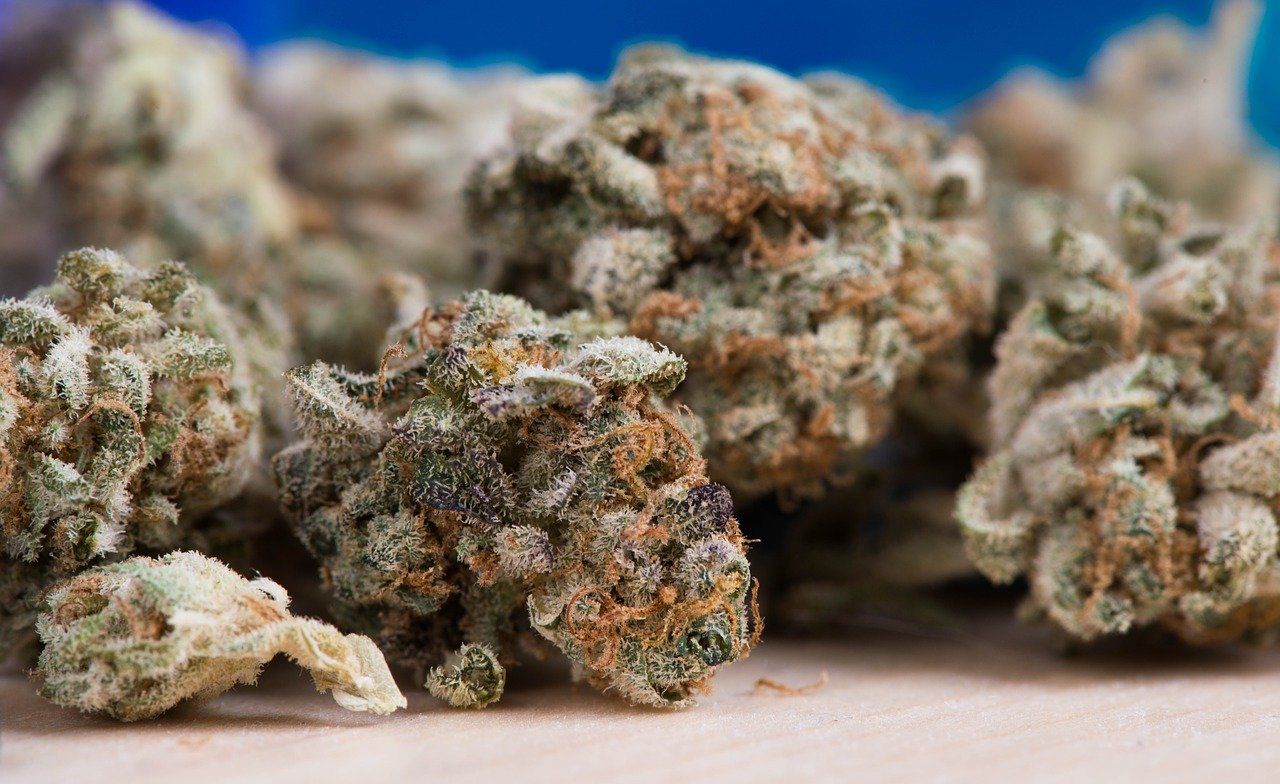New Act Allows Cannabis Use for Pain Management
Recent Expansion for Medical Cannabis Usage

Recently, a new law entitled The Opioid Alternative Pilot Program ("Opioid Alternative Act") became effective. Eventually, this law will allow those that have a medical condition for which opioids might be prescribed to legally access medical cannabis. While the law became effective on August 28, 2018, Illinois agencies still need to form the administrative rules that will govern the program.
The Opioid Alternative Act is a response to the startling and disturbing rise of opioid related deaths in recent years. The Act itself cites that over 11,000 people have overdosed on opioids since 2008 and that in 2017 alone almost 1,900 people, twice the number that died from car accidents in the same period, died from opioid overdoses. Further the statute notes that "'[t]he opioid epidemic is the most significant public health and public safety crisis facing Illinois.'" Proponents of the new law argued not only that there are zero deaths related to cannabis overdoses, but that states with medical cannabis programs cite an over 14% decrease in the use of prescription opioids.
To qualify, a person must be an Opioid Alternative Pilot Program participant, meaning he or she is a "an individual who has received a valid, written certification to participate in the Opioid Alternative Pilot Program for a medical condition for which an opioid has been or could be prescribed by a physician based on generally accepted standards of care." 410 ILCS 130/10 (r-10). To be clear, though, the person under the Opioid Alternative Pilot Program would not be considered a qualifying patient with a debilitating medical condition under the Compassionate Use Act (the existing medical cannabis law in Illinois). In fact, a qualifying patient holding a card is not able to also participate in the Opioid Alternative Pilot Program.
This law seems to be very much focused on not just the potential pain relief that cannabis may provide, but also the avoidance of the need for the use of opioids. Because of this precise purpose, the Opioid Alternative Act has several limitations. The most obvious limitation is that it is short-term access to medical cannabis. The Act allows the cannabis dispensary to distribute medical cannabis for no more than 90 days to individuals participating in the Opioid Alternative Pilot Program. 410 ILCS 130/62 (e).
Perhaps because of the short-term aspect of this program, those that qualify do not receive a card. Rather, they are given a written certificate on a specific form provided by the Department of Public Health. Patients must present this written certificate and a valid identification or license to have access to medical cannabis at a dispensary. The dispensary must verify that the person is a participant in the Pilot Program on the Department of Public Health's online verification system.
To qualify, a person must go see his or her doctor (with which he or she has a bona fide, pre-existing relationship) and that doctor must provide a written certification that the person has a medical condition for which opioids could or have been prescribed. See410 ILCS 130/10.
The written certification is a form provided by the Department of Public Health and includes the person's name, date of birth, address and telephone number, as well as the physician's information, the length of participation in the program (limited to 90 days) and a statement identifying the medical condition that the person has been diagnosed with where an opioid has been or could have been prescribed. 410 ILCS 130/36 (d). Participants in the Opioid Alternative Pilot Program must be at least 21 years old.
Again, as the administrative rules still need to be finalized, this program is not yet in effect. However, while people may still be waiting for this law to be functional, the Opioid Alternative Act did also immediately take care of some cumbersome issues within the medical cannabis related statutes.
First, patients and their caregivers now do not need to submit fingerprints or consent to a background search as part of their application. Moreover, a person is no longer precluded from obtaining access to medical cannabis due to a prior drug-related felony.
Second, there cannot be a fee for helping fill out an application. And, finally, the act clarifies and defines a Bona fide physician-patient relationship as one established at a hospital, physicians's office, or other health care facility in which the physician has an ongoing responsibility for the assessment, care, and treatment of a patient's debilitating condition or a symptom of the patient's debilitating condition. 410 ILCS 130/10 (z).
All in all, Illinois certainly seems to be moving towards more liberal use of medical cannabis. The year 2019 will almost certainly bring some interesting new developments in this area of law, as well.
The information above should not be relied upon or interpreted as legal advice. It is intended as general information only and may not reflect laws in your jurisdiction and is not a full explanation, but only a partial summary. A reading of the above does not create an attorney-client relationship. No reader of this post should act or refrain from acting on a matter on the basis of the above information without seeking appropriate legal or professional advice.







